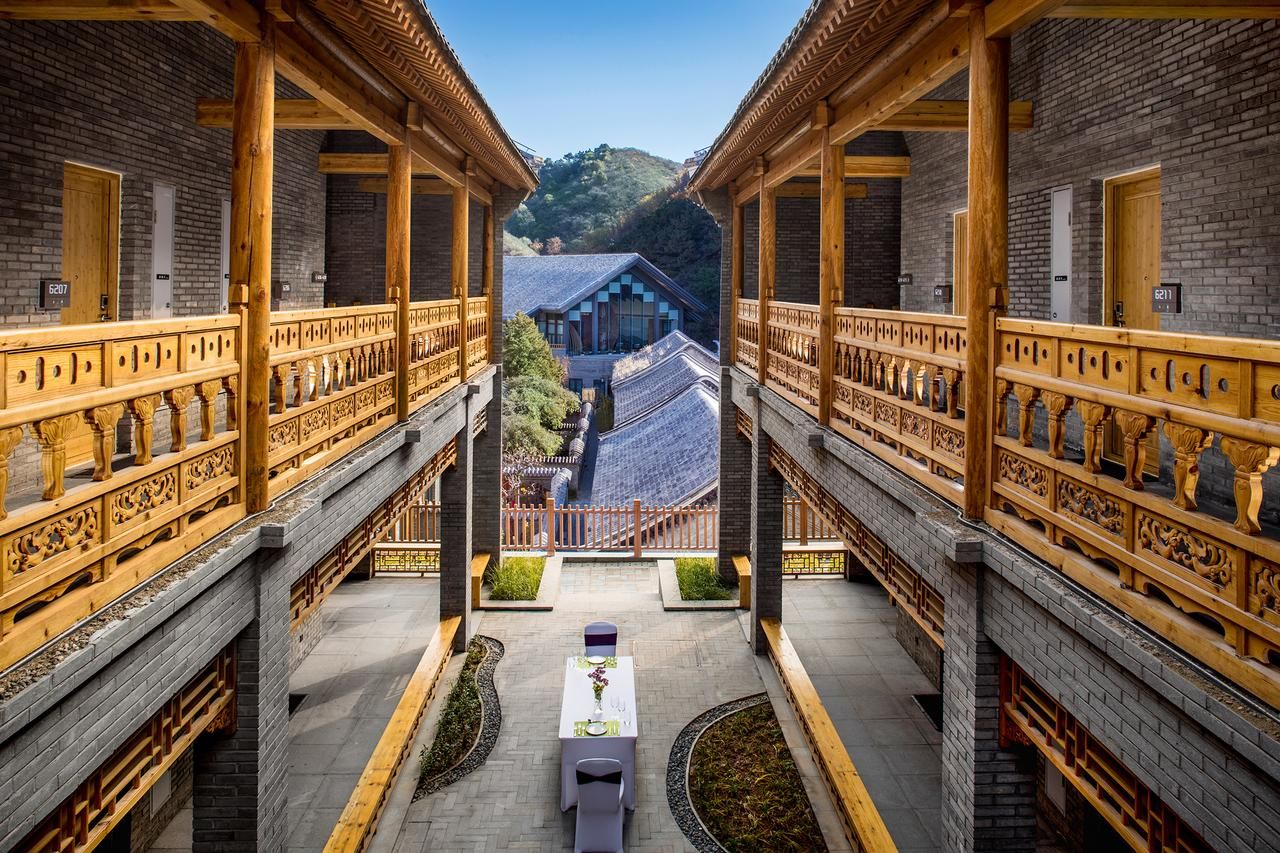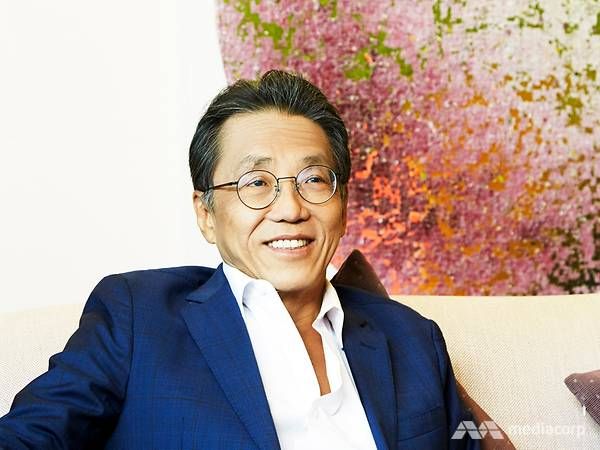As Banyan Tree turns 25, the Singaporean hotelier reflects on surviving crises, the importance of diversity, redefining luxury and the idea of legacy
Ho Kwon Ping is easily one of Singapore’s most recognisable entrepreneurs, the face of an award-winning hospitality empire that comprises 49 hotels and resorts, 64 spas, 76 retail galleries, and three golf courses in 23 countries.
Late last year, the group announced the development of 26 new hotels. This figure has since jumped to 34 at last count. “It’s changing every day,” remarked Ho, speaking to CNA Luxury on the occasion of Banyan Tree’s 25th anniversary.
This sudden growth spurt, he elaborated, can be attributed to two main factors. The first was the decision to be a “multi-branded hotel management company” and grow the company beyond the Banyan Tree brand.
The second: The boom in Asian tourism—particularly Chinese tourism—in recent years.


